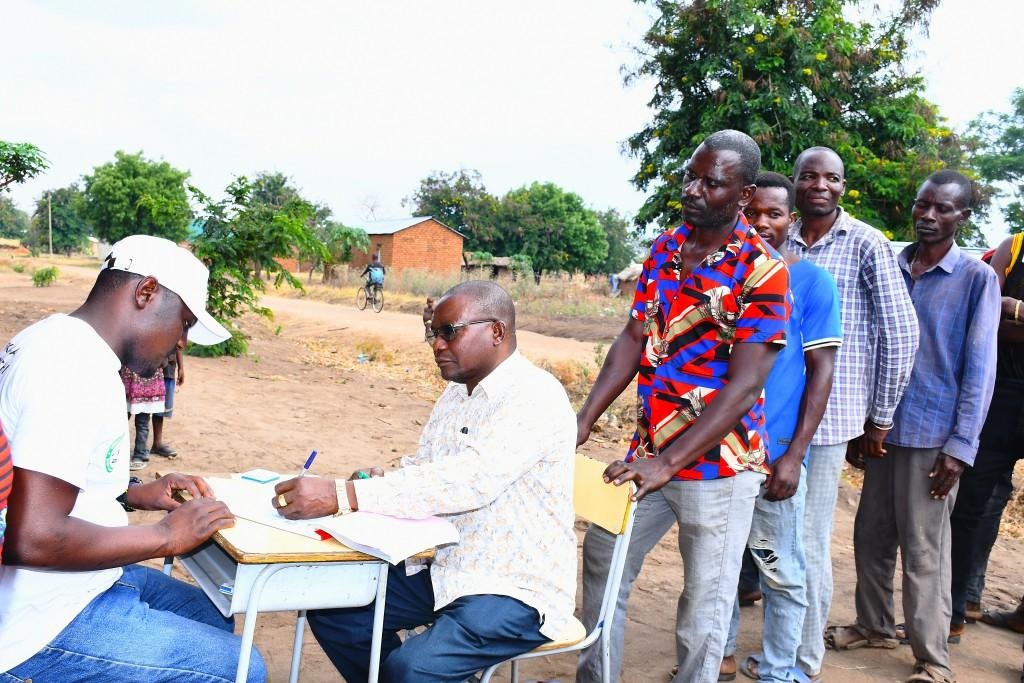USAID-funded project enhances health services

A project funded by the United States Agency for International Development (USAID) has made significant contributions to improving health services in Tanzania.
The $48 million (130.45bn/-) initiative, which has been implemented from 2016 to 2024 under the Global Health Supply Chain–Technical Assistance (GHSC-TA-TZ) program, focused on providing technical assistance to strengthen supply chain systems in critical health areas.
Dr. Jema Bisimba, USAID Tanzania's Senior Health Policy Advisor, emphasized that the funding was crucial in enhancing the country's health supply chain, particularly in combating diseases such as malaria, HIV/AIDS, and tuberculosis.
The project also supported family planning, reproductive health, and maternal, newborn, and child health services.
“During the project, 58 million HIV test kits and antiretrovirals (ARVs) were procured and distributed, benefiting 1.5 million people. Over 1.3 million people have been confirmed to be living healthier lives as a result,” Dr. Bisimba said.
She also highlighted the project's contribution to malaria control, reducing the disease's prevalence from 14 percent to 8 percent. Approximately 36 million people were treated for malaria during this period.
As the project draws to a close, Dr. Bisimba reaffirmed the US government’s commitment to working with Tanzania and the private sector to address key challenges in the health sector. USAID remains dedicated to improving the well-being of Tanzanians by supporting a robust health management system and ensuring sustainable progress in healthcare.
Philip Kamutenga, GHSC-TA Tanzania's Chief of Party, outlined the project's four key objectives: providing strategic planning and implementation assistance, improving the delivery of health commodities, increasing stakeholder engagement with the supply chain system, and strengthening environments conducive to improved supply chain performance.
One of the project's significant achievements was the development of the Information for Performance Analysis and Continuous Transformation (IMPACT) approach—a people-centered, data-driven initiative focused on quality improvement.
“The rollout of the IMPACT approach has been extensive, reaching over 2,300 healthcare professionals across various levels of the healthcare system,” Kamutenga explained.
These professionals, including medical officers, pharmacists, lab technologists, nursing officers, and social welfare officers, were selected from regional health management teams (RHMTs) in 26 regions and council health management teams (CHMTs) in 184 councils.
Mavere Tukai, Director General of the Medical Stores Department (MSD), praised the project's impact on health services.
In 2021, the Ministry of Health, with technical assistance from USAID, developed a Data Quality Assessment (DQA) protocol to address data-related challenges across various health programs, including HIV, malaria, reproductive health, and tuberculosis.
The DQA has greatly enhanced data utilization for decision-making at all levels. Tukai also noted that the project addressed the over-ordering of Artemether/Lumefantrine (ALu) tablets by health facilities, using the electronic Logistics Management Information System (eLMIS) to resolve discrepancies between patient reports in eLMIS and the DHIS2 system.
Issa Ng’imba, Director of Human Resources at the Ministry of Health, acknowledged the project's role in implementing key interventions, including the development of a health supply chain e-learning module.
Since its launch, over 3,700 healthcare workers have accessed the module, with an average of 540 workers per quarter.
Top Headlines
© 2024 IPPMEDIA.COM. ALL RIGHTS RESERVED

























